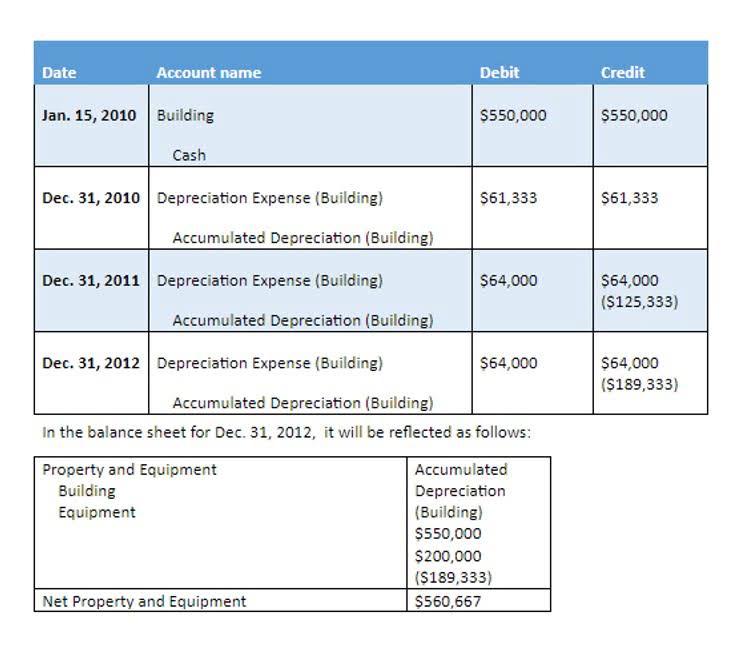
A budget is a plan that outlines how much of your income should go to different parts of your finances, from monthly bills and day-to-day purchases to savings, charitable donations and investments. Having a budget helps you stay organized Law Firm Accounts Receivable Management while moving toward your financial goals and holding yourself accountable. A fixed expense is a financial obligation that typically does not vary in cost from month to month, like your mortgage or rent payment.

Know how your costs behave
- A budget is a plan that outlines how much of your income should go to different parts of your finances, from monthly bills and day-to-day purchases to savings, charitable donations and investments.
- A flexible budget is a tool used in the preparation of financial statements.
- At first, you need to analyze the range under which the activity is expected to fluctuate.
- These points make the flexible budget an appealing model for the advanced budget user.
- Build flexibility into your budget for exactly these scenarios, Rebell suggested.
This form is a budget prepared in a form that clearly describes only the variable and fixed elements of each cost element. Its production equipment operates, on average, between 3,500 and 6,500 hours per month. For control purposes, the accountant then compares the budget to actual data.
- Flexible budgets have an advantage here, as they make it less stressful to foresee forthcoming conditions.
- For example, you’ll pay the same amount for your gym membership whether you go to the gym five times a week or once every three months.
- In short, a flexible budget gives a company a tool for comparing actual to budgeted performance at many levels of activity.
- If you don’t want to spend hours tracking and forecasting your budget in spreadsheets, check out our financial modeling tool.
- It begins with a static framework built from the costs that are not anticipated to change throughout the year.
- This type of flexible budget takes into account how changes in activity levels affect all costs and provides the most accurate picture of expected costs at different levels of activity.
Advantages And Disadvantages Of Flexible Budgets

Flexible budgets do not fix variances, they help to better plan for the future. Revenue is still calculated at month end so costs cannot be retroactively adjusted. A flexible budget, while much more time-intensive to create and maintain, offers an incredibly precise picture of your company’s performance. Due to the ability to make real-time adjustments, the results what is a flexible budget present great detail and accuracy at the end of the year. The more sophisticated relative of the static budget model, a flexible budget allows for change, and as we’ve said – business can be unpredictable. We’ve previously covered the five different types of budget models that businesses can choose from.
Give Department Leaders Deep Financial Insights for Better Budgeting

Analyzing these variances helps you understand where your assumptions were off and why. For more on managing budget-to-actual variance, consider these best practices. A static budget is useful for providing a baseline for planning and evaluating performance, but it may not be as accurate as a flexible budget, especially in today’s business environment. Now let’s illustrate the flexible budget by using different levels of volume. If 5,000 machine hours were necessary for the month of January, the flexible budget for January will be $90,000 ($40,000 fixed + $10 x 5,000 MH).
- The good news is that it’s a skill that’s never too late to learn, and it’s actually a lot easier than it seems.
- For the past 52 years, Harold Averkamp (CPA, MBA) hasworked as an accounting supervisor, manager, consultant, university instructor, and innovator in teaching accounting online.
- Meanwhile, from a personal finance perspective, flexible budgeting is a method of planning a financial budget that is prepared based on financial conditions, income and expenses.
- Every budgeting framework has its pros and cons, and that includes flexible budgets.
Why You Can Trust Finance Strategists

It’s okay to spend up if it’s part of income statement your happy life and you can afford it. Just make sure you aren’t falling for lifestyle creep in every area of your financial life. Rethink any self-imposed rules that may no longer be worth sticking to anymore, according to Rebell.
Since variable expenses change, list the average amount you paid for the past 12 months. This can apply to groceries, gas and your electric bill, for example, since these items tend to fluctuate. Every budgeting framework has its pros and cons, and that includes flexible budgets. If we presume that it takes a dollar to create each unit, you’ll need to budget $5 every month for production costs.

